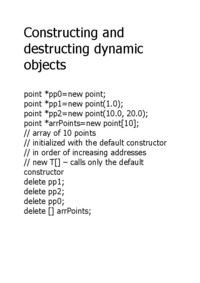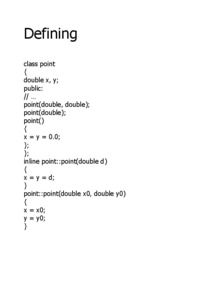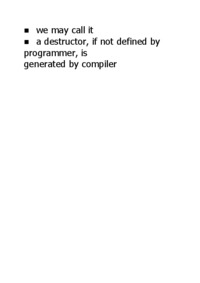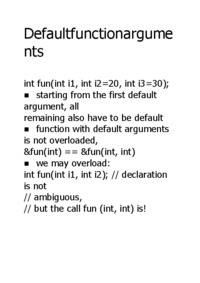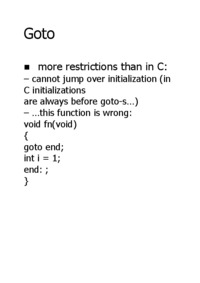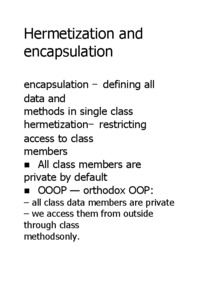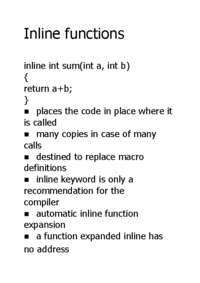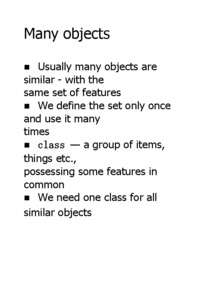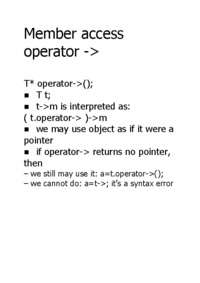Constructing and destructing dynamic objects
- Politechnika Śląska
- Computer Programming
Constructing and destructing dynamic objects point *pp0=new point; point *pp1=new point(1.0); point *pp2=new point(10.0, 20.0); point *arrPoints=new point[10]; // array of 10 points // initialized with the default constructor // in order of increasing addresses // new T[] - calls only the default c...

